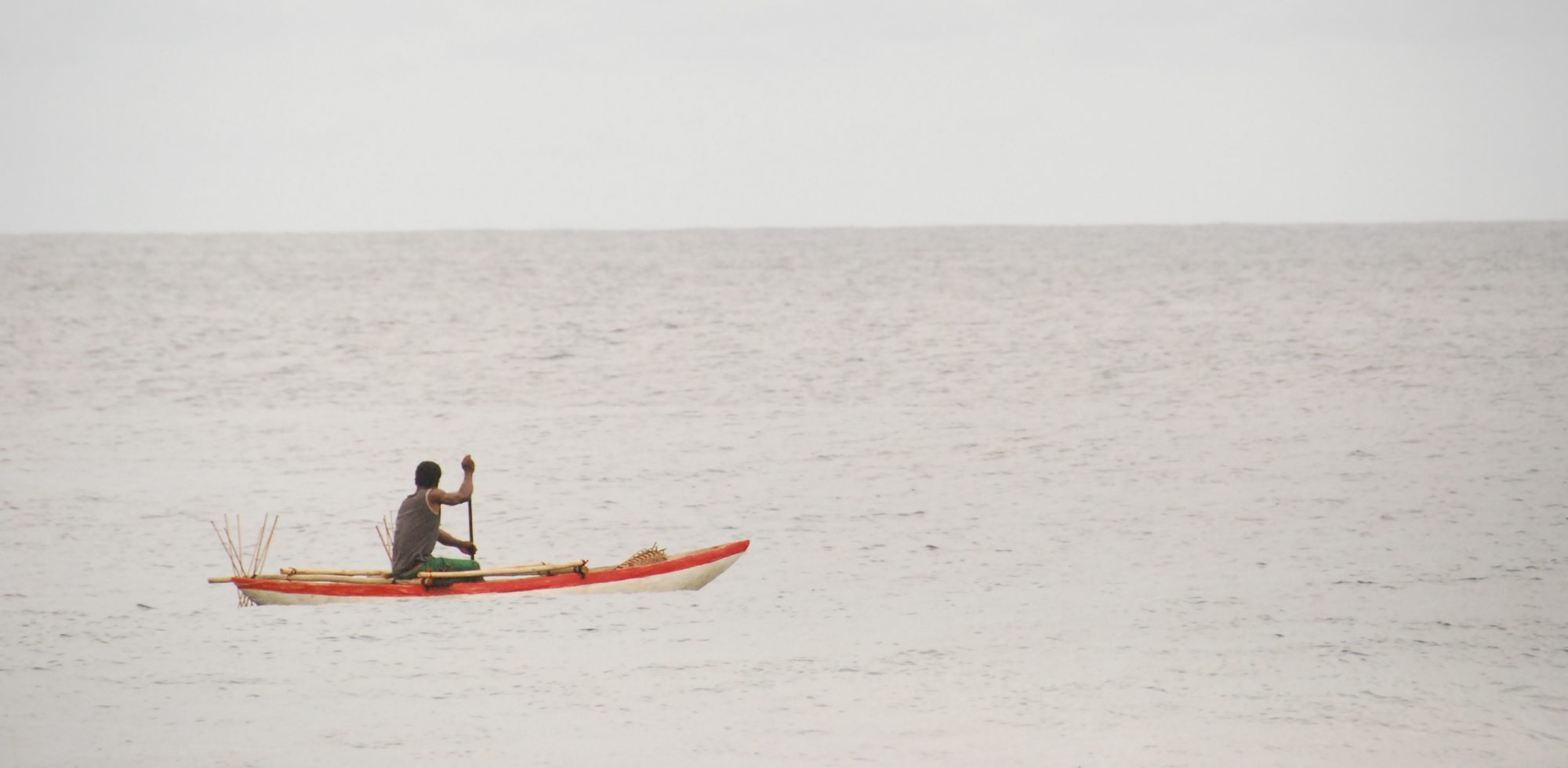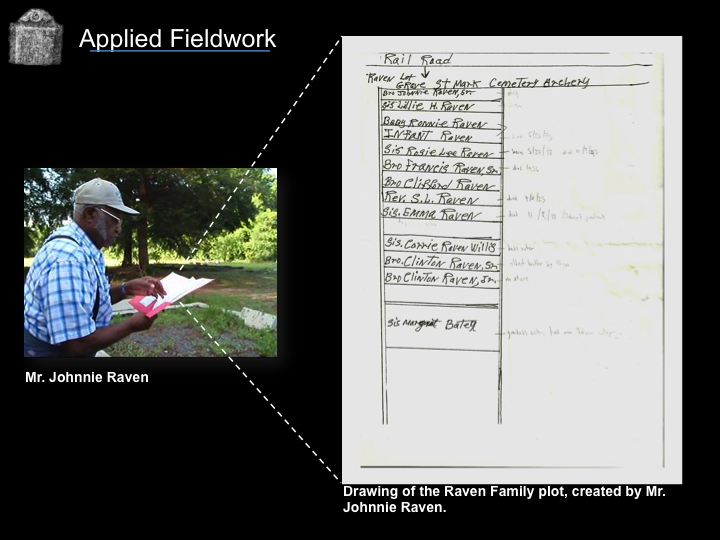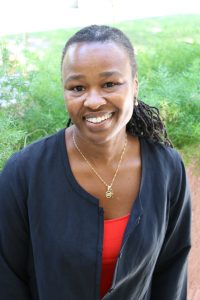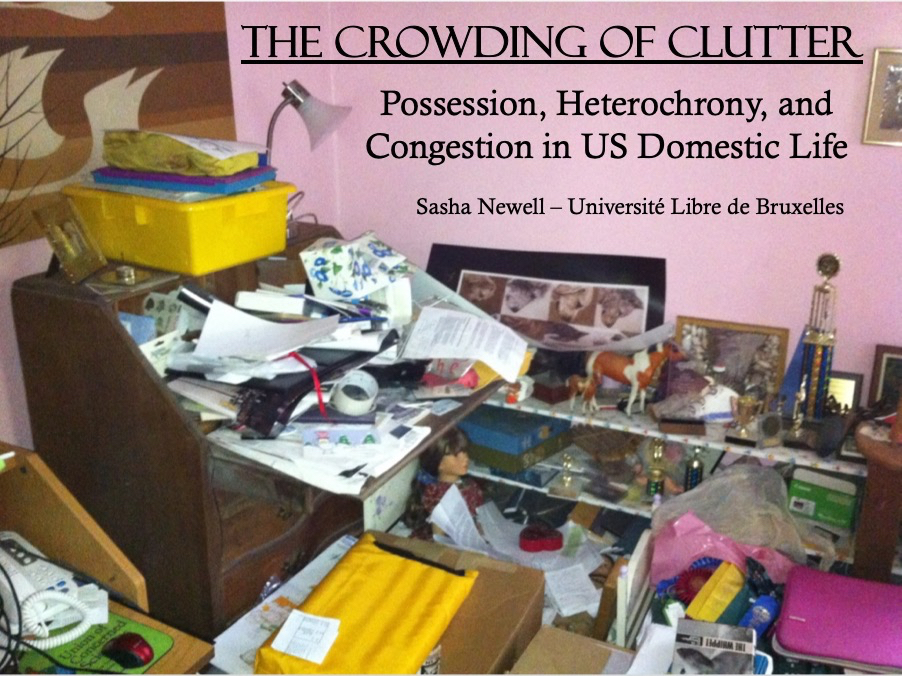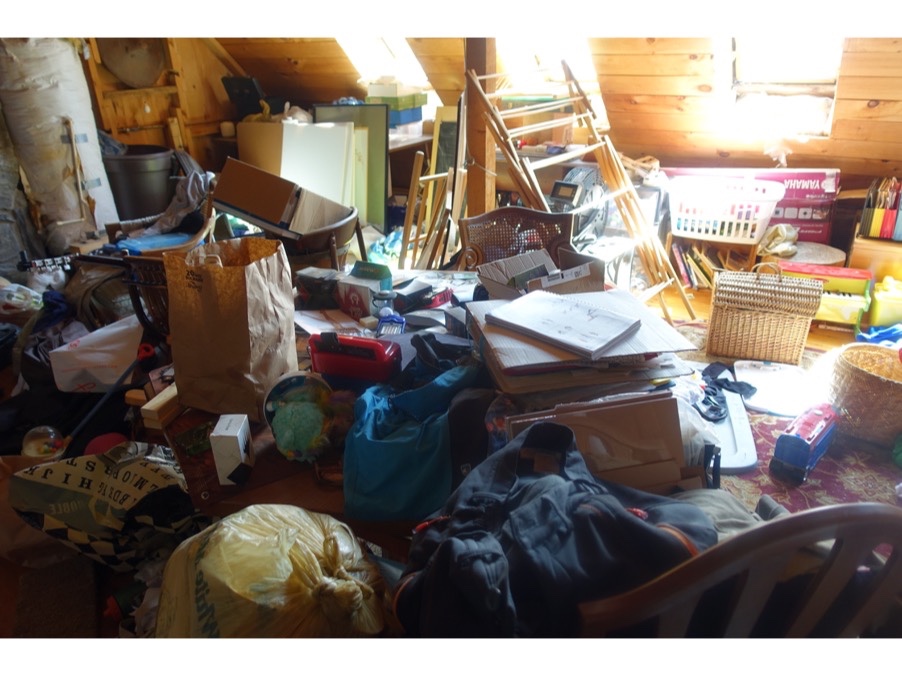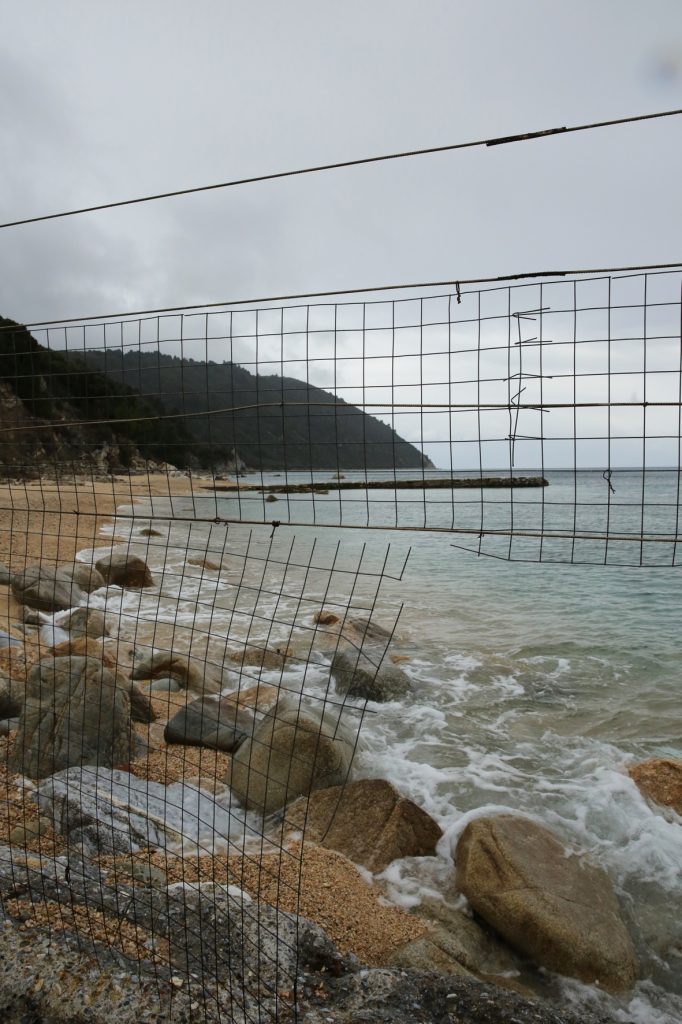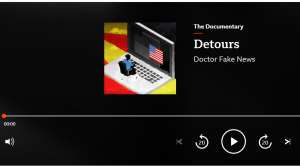[…] So, where does fake news figure into all of this? I would like to suggest that fake news—both as deliberately false news stories and as a political epithet—constitutes a particular way of participating in a public. Let me explain.
Doctor Andrew Graan was invited to participate in Political and Legal Anthropology Review’s online series ‘Emergent Conversations’ with Meg Stalcup from the University of Ottawa and Adam Hodges from the University of Colorado Boulder. In this conversation, the researchers share their views on fake news, disinformation, and political propaganda. Below you can find a link to the first part of the conversation below.

Read more here!
